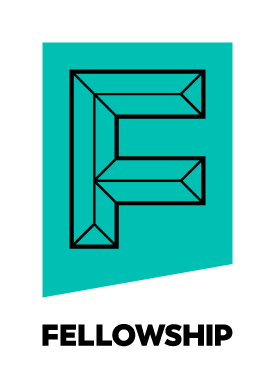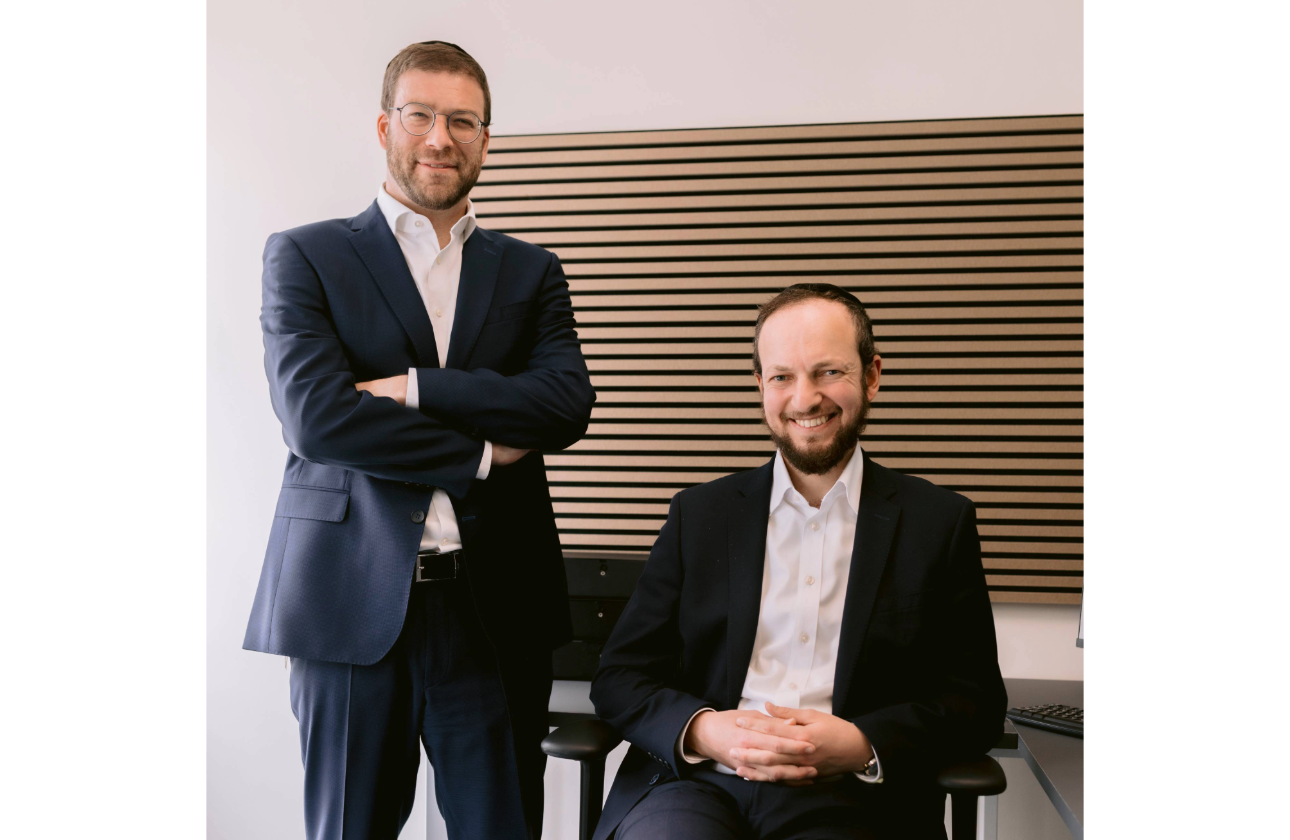Fellowship, UK Business Tech Awards winners, share the 5 essential elements to make your website a success.
For businesses managing complex digital portfolios, the web is no longer a collection of standalone sites. It’s an interconnected system that must perform, adapt, and scale. Looking ahead to 2026, these are the five key trends that will shape how organisations develop and manage their digital estates, with long-term efficiency and growth in mind.
Top 5 Essentials
1. AI-Powered Predictive Experiences
AI is moving beyond basic recommendations to enable predictive experiences. By analysing user behaviour in real time, websites can anticipate intent and dynamically tailor content, layout, and offers. This shift turns the website from a static presence into a responsive, insight-led channel for engagement and conversion.
2. Privacy-First Development
With AI tools embedded into digital systems and cyber threats on the rise, privacy expectations and regulatory scrutiny will increase. Developers will need to embed privacy from the first line of code, not as a bolt-on. Consent transparency, secure data handling, and compliance with cross-border regulations will be essential.
3. Accessibility as a Foundational Standard
Inclusive design, from keyboard navigation to screen reader support, is becoming standard. This isn’t just ethical; it’s commercially sound. Accessible sites reach wider audiences and benefit from improved performance in both traditional and AI-optimised search rankings.
4. Intelligent Development & Automation
AI tools are becoming standard in development workflows, automating tasks like code generation, testing, and bug detection. This allows developers to focus on solving complex business challenges and delivering creative solutions. This shift means agencies can provide greater strategic value and efficiency, ensuring the final product is perfectly aligned with business goals.
5. Sustainability Meets Performance
Digital infrastructure carries a growing environmental cost. In response, more organisations are adopting lighter codebases, efficient hosting, and delivery networks optimised for speed and low emissions. Edge computing and serverless infrastructure further reduce load and latency, delivering faster performance with less impact.
Conclusion
The future of the web is integrated, intelligent, and efficient. Organisations that treat their digital presence as a long-term asset, not a short-term cost, will be best placed to adapt and grow. Achieving this requires partners who can design for scale, performance, and sustainability from the outset.

About Fellowship
Fellowship are an award-winning web design and development agency.
They accelerate the growth of SMEs, multinationals and global groups with enterprise-level WordPress, Multisite and WooCommerce websites. Crafted with strategic thinking, technical expertise and creative excellence.
Their clients are ambitious SMEs, multinationals and global groups. They usually become long-term partners. They testify to Fellowship’s websites dramatically improving their marketing, leading to sustained growth and success.





